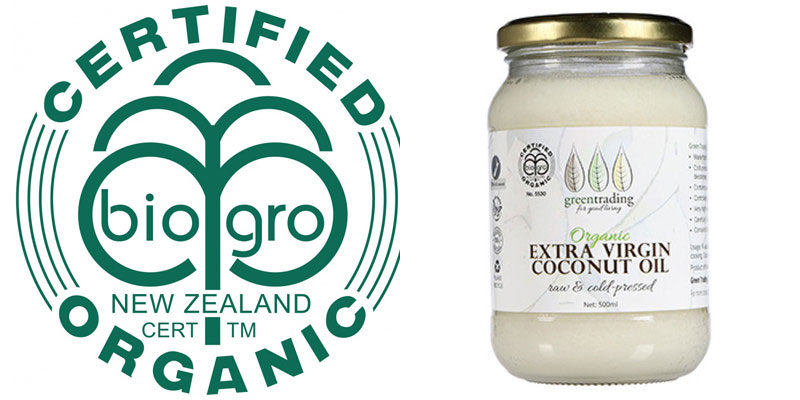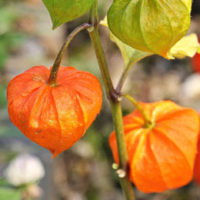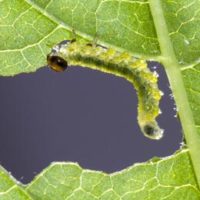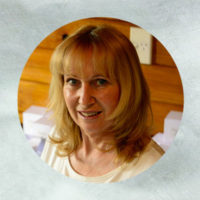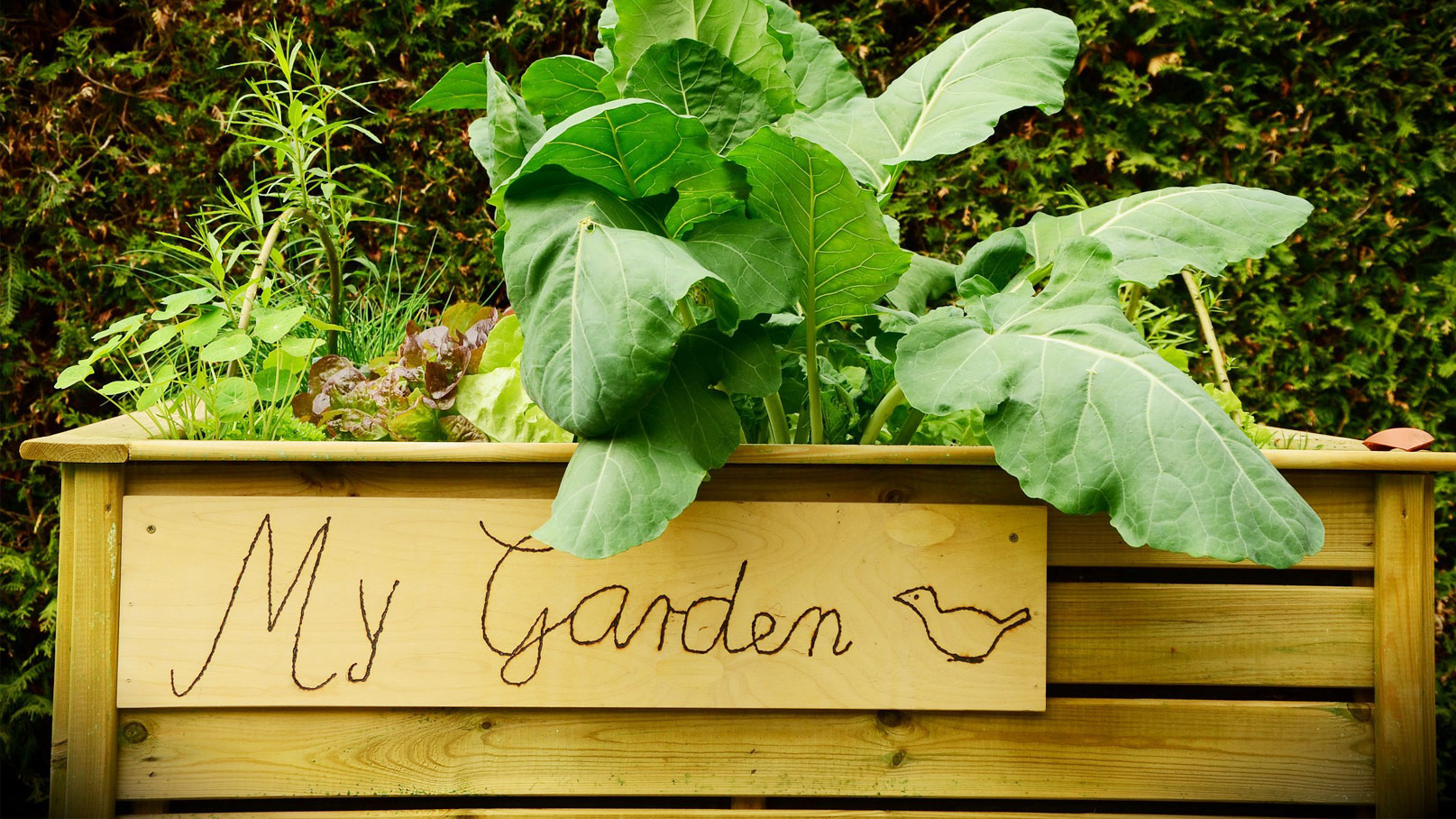
What is Organic or Organic Living..??
Firstly, let’s be clear about the scope of this discussion and what we’re not talking about…!! We’re not referring to organic chemistry, we’re not talking about our internal organs or Google search results that we haven’t paid for. What we’re discussing is what ‘organic’ means in terms of our homes and our families and what choices we might make if we wanted to live a more sustainable lifestyle or embrace organic living.
When we make a choice to live more organically, we’re essentially choosing to avoid anything that has been heavily processed or exposed to chemicals like synthetic pesticides, herbicides or artificial fertilisers. And this could be in what we eat, what we put on our skin and what we surround ourselves with in our home environments.
A Bit of History
Organic farming, horticulture and associated sustainable living practices are nothing new. Think back (or rather imagine back) to your earliest visions of ‘farming’. Perhaps this looks like a peasant trudging through a field throwing seed down from a sack they are carrying as they go. Maybe it’s a horse pulling a rudimentary wooden plough through the field..??
My point is this….there are no chemicals to be seen. Farming in the middle ages was pretty basic because it had to be. But they were clever enough to rotate their crops and fertilise the soil with cattle manure which gave the whole village enough food to survive.
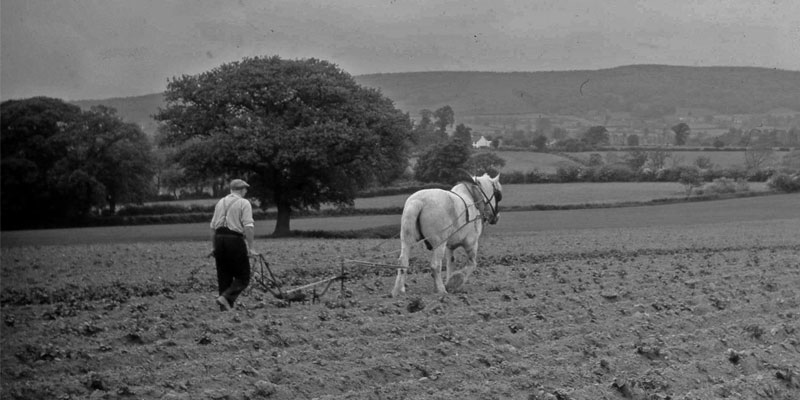
It wasn’t until the mid 19th century that artificial fertilisers were first created, followed in the 1940’s by chemical pesticides. The increase in crop productivity seemed great at the time, but some serious longer term side effects soon became apparent. Farmers were noticing a decline in soil fertility and a deterioration in the health and quality of crops and livestock resulting from the use of chemical fertilisers. There were also health concerns about toxic chemicals entering the food supply.
Early Organic Theories
In 1924, a chap called Rudolf Steiner gave a series of lectures on agriculture, which was the first known presentation of what later became recognised as organic agriculture, or biodynamics. The International Federation of Organic Agriculture Movements puts it very well when they describe organic agriculture as being
“a production system that sustains the health of soils, ecosystems and people. It relies on ecological processes, biodiversity and cycles adapted to local conditions, rather than the use of inputs with adverse effects. Organic agriculture combines tradition, innovation and science to benefit the shared environment and promote fair relationships and a good quality of life for all involved…”.
Despite others echoing Steiner’s concerns during the 1930’s and 40’s, organic farming was an insignificant ‘theory’ for almost 40 years. It was a boom time for synthetic chemicals which were seen as a wonder invention and a solution to all the world’s problems.
In 1962 Rachel Carson’s book ‘Silent Spring’ was published. In it, she challenged the widespread use of the pesticide, DDT (dichloro-diphenyl-trchloroethane) without first questioning what impact it might have on human health or the environment. The title of her book ‘Silent Spring’ referred to a world without birds – the bleak future of the natural world which could be the result of the issues she described in her book.
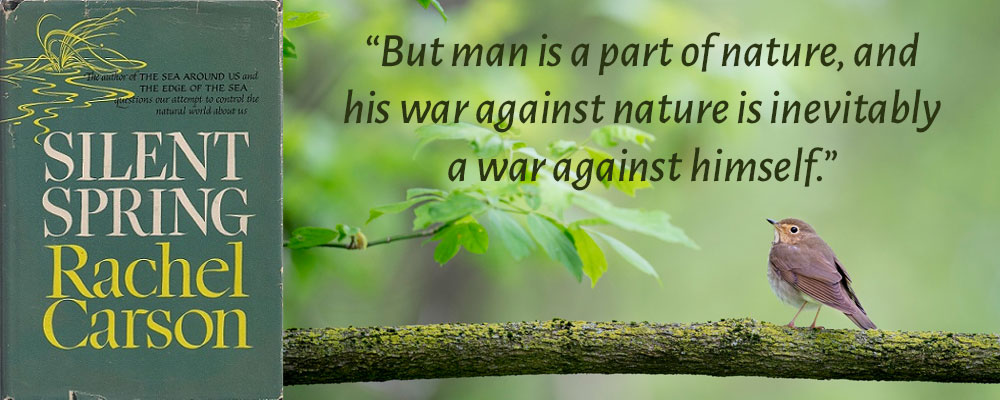
The publication of this book is viewed by many as the birth of the environmental movement and it caused such a public outcry that DDT was banned in 1972. Fast forward 40 plus years and ‘organic living’ is no longer a strange concept restricted to vegetarians or hippy types. It’s widely embraced as a way of living a more healthy, natural life, the way it used to be.
How do we do Organic Living..??
So, what is organic living and how do we achieve it..?? It’s a big question, right…??
At first glance, we might think the term ‘organic’ refers mainly (or only) to fruit, vegetables, meat and more generally, what we eat. And this is where many people will make a start on their journey to a more organic lifestyle. But in fact, organic living and leading a more organic lifestyle can include so much more than just food.
The journey towards a more organic lifestyle starts with just being more aware. Think about what could be in your home that might be a source of harmful chemicals, and take a look!! The next step might be to replace these items with more natural choices, one at a time. There is no right or wrong way to incorporate organic living into your life and what works for one family might not for another.
Along the way you will no doubt discover that there are some things that you know are bad for you but you simply can’t do without. And that’s cool, because organic living isn’t about perfection it’s about progress. The important thing to remember is that small changes do make a difference and you don’t have to do everything at once. Just don’t allow yourself to become overwhelmed and do nothing. Once you’ve made a start and introduced one small change, move on to the next thing and before you know it you’ll be realising some of the benefits that organic living offers.
For most of us, a truly pure and fully ‘organic lifestyle’ is probably out of reach as avoiding everything that has been heavily processed or exposed to chemicals is not really practical. But we all make choices. We all have priorities. And if we believe organic is better and it’s a priority for us, there are choices and positive changes we can make, one at a time, that will help us to achieve a more organic lifestyle.
Organics in the Home
Let’s consider what we use or consume in the home environment that we might inhale, swallow or put against our skin; cleaning and laundry products, sanitary items, skincare, makeup, toothpaste, medicines, clothing and fabric, paints…. These are just a few of the things that could be harbouring harmful chemicals that as we use them, we transfer into our bodies.
In a typical home the top two culprits harbouring harmful chemicals that you are frequently exposed to are likely to be cleaning products and skincare. On the plus side though, they are probably some of the easiest things that we can replace with better versions!! And whilst we might not be able to go the whole hog to fully organic cleaning products and a bathroom cabinet that’s only organic, there are plenty of options out there that are a better choice for you, your family and the environment and as such they’ll definitely fit into your organic lifestyle.
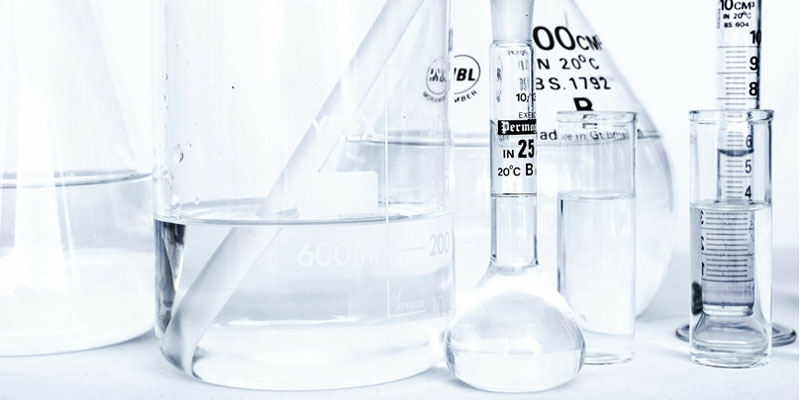
If you’re keen to understand more about what nasty chemicals might be in your cleaning products, The Environmental Working Group site is a really useful source of information. Whilst it’s an American site, it has a great range of articles and guides and a huge database of cleaning products and ingredients that you can search to assess the nastiness level. As you would expect many of the brands tested are American but there are also ones available in New Zealand that you should recognise.
And to check out your skincare, the EWG’s database, Skin Deep is great for drilling down to the ingredients level. If you’re unsure of an ingredient in your favourite face cream or your kids toothpaste, type it into the search bar and check it out. If it comes back with a green result, the chances are that it’s fine. If it’s amber or red, then you should consider changing out your product for something without that chemical in it!!
Shopping for Organics
So, when we’re out shopping, is there an easy way to tell if what we’re buying or the choices we’re making really are organic..?? BioGro is New Zealand’s leading organic certification agency and if you see their logo on a product, you can be confident that you’re choosing something organic. They certify all sorts of things including health and bodycare products, wine, honey and bee products, meat and vegetables, and this Organic Extra Virgin Coconut Oil from Greentrading.
If it’s clothing or fabric you’re looking at, the certification agency is the Global Organic Textile Standard (GOTS). They ensure the organic status of textiles from harvesting of the raw materials through environmentally and socially responsible manufacturing all the way to labelling.
But buying certified organic can come with a price tag. Many of our Vendors have made the conscious decision NOT to become certified. Why..?? Because there is a significant cost associated with becoming fully certified which would ultimately be passed on to the customer. And just because a product is not certified organic doesn’t mean it’s no good or full of awful stuff.
You’ll find many of the products on Green Elephant contain a high percentage of organic or high quality natural ingredients that have been locally sourced, although they may not be formally certified organic products. This means the product is still waaay better for us than something full of chemicals, but it has a more reasonable price tag.
Our Eco Badges help you see quickly and easily what’s good about a product and one of the badges is ‘Organic’. To browse everything on the marketplace that is organic or contains organic ingredients, just use our clever filtering system. Tick Organic in the Filter by Badge menu and voila, you’ll be able to check out the entire current Organic product range!! There’s heaps to discover, including lip balms, coconut chips, tampons, garden fertilisers, pet shampoo and turkish towels….to name just a few.
We’ve said it before and we’ll say it again…Grow Your Own!!
Another way to contribute to a more organic lifestyle for you and your family is to be the master of your own food – yes…grow your own!! It’s incredibly simple to make a start and you’ll be amazed at the results you get with just a little effort. A small window box full of herbs or lettuces is easy to maintain and will give you daily access to fresh greens.
If you have the time and a small space available in your garden, a raised bed is easy to make or buy and can give you year round access to a great range of vegetables. You really don’t need much space to grow a plentiful supply of a variety of healthy food!! And the best part…you’ll know that what you’re eating hasn’t been sprayed with chemicals.
Progress, not Perfection
So there it is. Organic living doesn’t have to be super expensive, overwhelming or all encompassing. You can choose to do what suits your lifestyle and your family and remember….small steps can lead to big changes. There is no need to do everything at once; Rome was most definitely not built in a day. So, take your time. Do what’s right for you and enjoy the journey.

